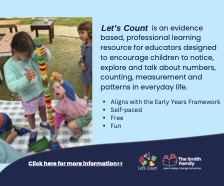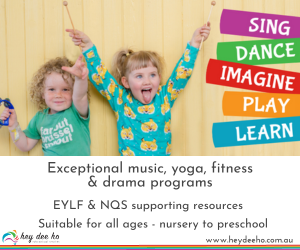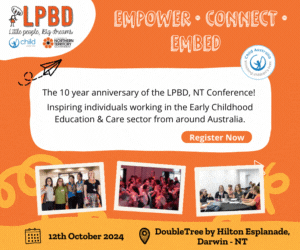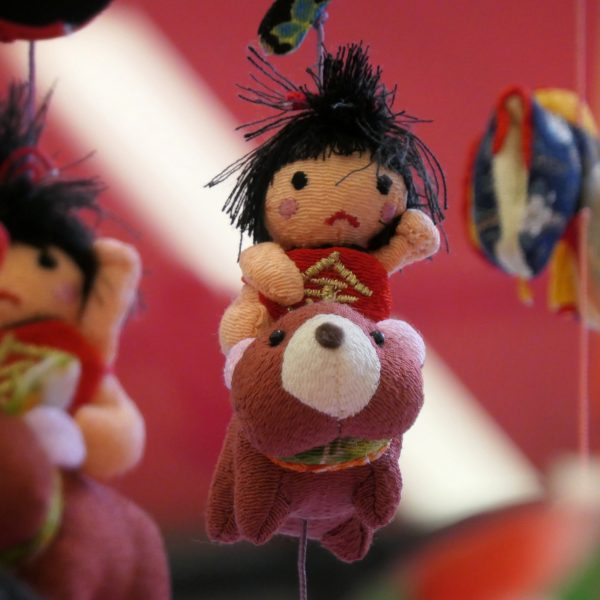ECTs at TAFE NSW upskill graduates in trauma informed care

In work which recognises the unique needs of their community, and noting that half of all humanitarian arrivals to Australia are aged under 18 years, with a high proportion of this group being young children, early childhood education teachers at TAFE NSW are skilling the next generation of early childhood education and care (ECEC) workers in trauma-informed care, ensuring children from refugee backgrounds are less at risk of re-traumatisation.
TAFE NSW early childhood education teacher Manik Gadre delivered professional development training on trauma-informed care to teachers from across the Western Sydney region, reinforcing to them that ECEC services “can play a significant role in helping refugee children and families cope with the transition of resettlement.”
The choice to run the training in Western Sydney reflects the major role that the area plays in the settlement of humanitarian arrivals in Australia. Of the 44,082 refugees and humanitarian entrants settled in NSW between 2006 and 2016, up to three-quarters of these refugees initially settled in Greater Western Sydney.
“Families from refugee backgrounds face many challenges associated with settling into a new community, and often Australia’s early childhood support system is totally unfamiliar” Ms Gadre said.
“While these children possess enormous resilience and strength, the experiences of repeated and prolonged exposure to trauma means educators need to be equipped with strategies specific to the needs of refugee children coping with cultural transition,” she added.
Ms Gadre is well positioned to comment in this space, having over 16 years of experience in the ECEC sector, working with organisations including The Smith Family, Woodville Alliance, Koorana Child & Family Services and the NSW Department of Communities and Justice on their Brighter Futures Program.
Throughout her time in the sector, Ms Gadre has been a passionate advocate for the rights of children and families from diverse backgrounds, an awareness she hopes to pass onto up-and-coming early childhood educators studying at TAFE NSW.
Rather than suggesting that educators “take on the role of psychologists” Ms Gadre advocates for them to “approach care from a trauma-informed lens.”
When educators use a trauma informed approach, she continued, there are opportunities to build trust with children and families, acknowledge a child’s strengths, and become aware when planning activities that some children from refugee backgrounds may be sensitive to certain things.
To learn more about Early Childhood Education and Care courses on offer at TAFE NSW, visit www.tafensw.edu.au or call 131 601.

















